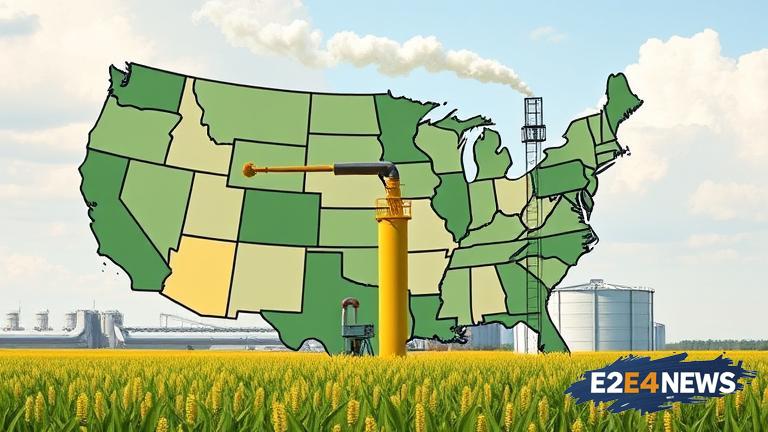The US government’s recent measures to support the biofuel industry have created a surge in the expansion of soybean crush capacity, particularly in the Midwest. This development is driven by the Renewable Fuel Standard (RFS), which mandates the use of biofuels to reduce greenhouse gas emissions. The increased demand for biofuels has led to a wave of new investments in soybean processing facilities, with several major companies announcing plans to build or expand crush plants. These new facilities will not only produce biofuels but also generate other valuable byproducts such as soybean meal and oil. The Midwest, with its abundant soybean production, is at the forefront of this expansion, with states like Illinois, Iowa, and Indiana seeing significant activity. The growth in crush capacity is expected to create thousands of new jobs, both in construction and operations, providing a much-needed economic boost to rural areas. However, the rapid expansion has raised concerns among some stakeholders, including environmental groups and food producers, who worry about the potential impact on water resources and the balance between food and fuel production. Despite these challenges, the biofuel industry remains optimistic about the future, citing the importance of renewable fuels in achieving national climate goals. The US Department of Agriculture (USDA) has also expressed support for the biofuel sector, highlighting its role in promoting energy independence and rural development. As the demand for renewable fuels continues to grow, the soybean crush industry is poised to play an increasingly important role in the US energy landscape. This expansion is also expected to have global implications, as the US increases its production of biofuels, potentially influencing international markets and trade dynamics. In conclusion, the US government’s support for biofuels has set the stage for a significant expansion of soybean crush capacity, bringing both opportunities and challenges to the agricultural and energy sectors.
